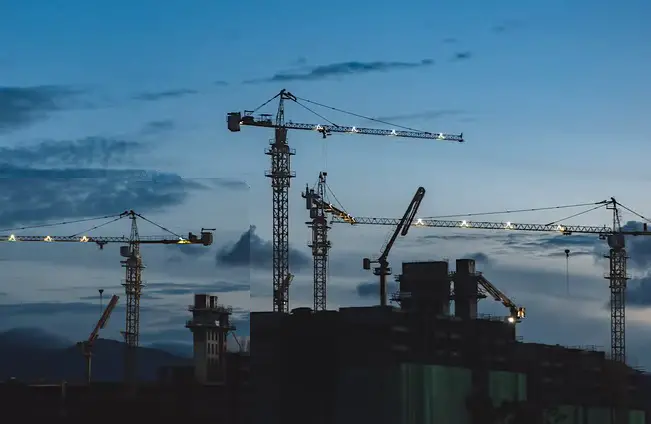On Thursday, Chinese real estate giant Evergrande filed in Manhattan court for Chapter 15 bankruptcy protection.
In the filing, the company noted it wanted the court to formally recognize restructuring talks it is presently engaging in, in Hong Kong, the Cayman Islands and the British Virgin Islands.
Chapter 15 Bankruptcy is designed to shield foreign companies which are undergoing restructurings, from creditors which would attempt to use lawsuits in the United States to tie up their assets. Added to the US Bankruptcy Code in 2006, it is designed to facilitate greater cooperation between the US court system and foreign courts, in the handling of foreign bankruptcies which have as elements of them US financial interests.
The company proposed September 20th as the potential date for holding a Chapter 15 recognition hearing. Previously, the company has said that this month creditors will be allowed to vote on a potential restructuring, and in the first week of September, there may be a possible approval by the Hong Kong and British Virgin Islands courts.
As the most heavily indebted property developer in the world, Evergrande has been seen as the most well-known example of the property crisis in China. As the company was filing its motion on Thursday, fears were growing among investors over the potential spread of the difficulties in China’s property sector, to other areas of the Chinese economy, which has already seen growth beginning to stagnate.
Since the beginning of the nation’s real estate debt crisis in mid-2021, companies which together produce roughly 40% of the home sales in China have all defaulted on debt payments.
In its most recent update, Evergrande had $330 billion in liabilities. In late 2021, the company defaulted on bond payments, which set off a string of other defaults at other builders, which led to thousands of homes under construction across China failing to be finished. In a market where demand is such many properties are purchased before construction is finished, and in some cases begun, the failure to complete developments, led to a drop in demand.
Evergrande posted an $81 billion combined loss for 2021 and 2022, which caused investors to fear for the viability of a debt-restructuring plan which it had proposed in March.

